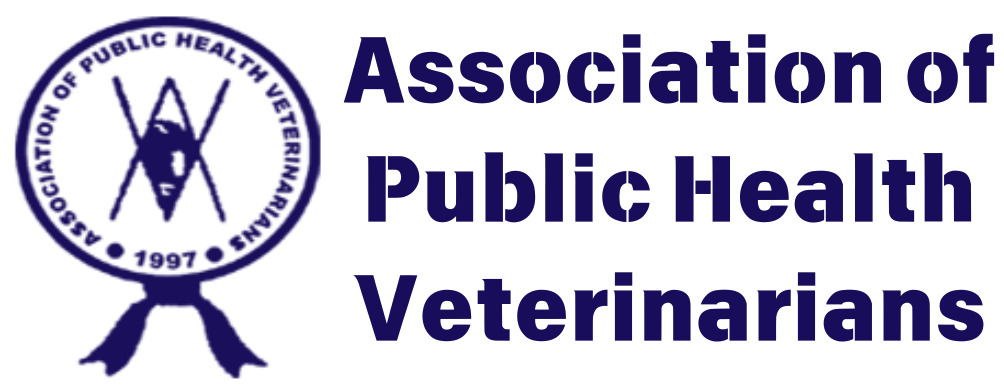One Health
We are in an era of ‘One World, One Health’ and we must devise adaptive, forward-looking and multidisciplinary solutions to the challenges that undoubtedly lie ahead. We live in an era where the interconnectedness of human health, animal health, and environment can no longer be overlooked. The idea of the “One Health Concept” is, in spirit, to grow the wealth of opportunity that lies in the interface area of this triad, which could be capitalized on, to protect the health of our planet as a whole. This One Health Concept is critical to accomplish the vision of FAO, OIE and WHO of “a world capable of detecting, responding, containing, eliminating, and preventing animal and public health threats attributable to zoonoses and animal diseases with an impact on food security through multi-sectoral cooperation and strong partnerships”. The necessity for strong inter-sectoral governance mechanisms to prevent and prepare for public health risks of animal origin has long been recognized as priority by international organizations ever since the first Veterinary Public Health international programs were established at WHO and PAHO in the 1950s. It is especially serious to be implemented in the context of developing countries such as India where several forthcoming health issues call for an integrated approach with cross-stakeholder engagement.
Dr. Calvin Schwabe, a founding faculty member of the UC Davis School of Medicine as well as an epidemiology professor at the School of Veterinary Medicine – coined the term “One Medicine” in his book, Veterinary Medicine and Human Health in 1964. The concept of One Health is not new and can be traced back for at least two hundred years, firstly as ‘One Medicine’, then as ‘One World, One Health’ and ultimately as ‘One Health’. The most frequently used definition shared by the US Centers for Disease Control and Prevention and the One Health Commission is: ‘One Health is defined as a collaborative, multi-sectoral, and trans-disciplinary approach – working at the local, regional, national, and global levels – with the goal of attaining best health outcomes recognizing the interconnection between people, animals, plants, and their shared environment’. However,the scope of One Health as envisaged by the international organizations (WHO, FAO, OIE, UNICEF), the World Bank, and many national organizations also clearly embraces other disciplines and domains, including environmental and ecosystem health, social sciences, ecology, wildlife, land use, and biodiversity. Interdisciplinary teamwork is the heart of the One Health concept. One recent development that might help in generating increased global awareness of the One Health concept, particularly among the students to Celebrate “One Health Day” on 3rd November by the One Health Commission, the One Health Platform Foundation and the One Health Initiative in 2016.
